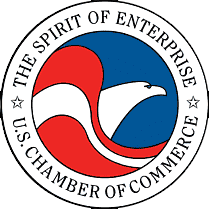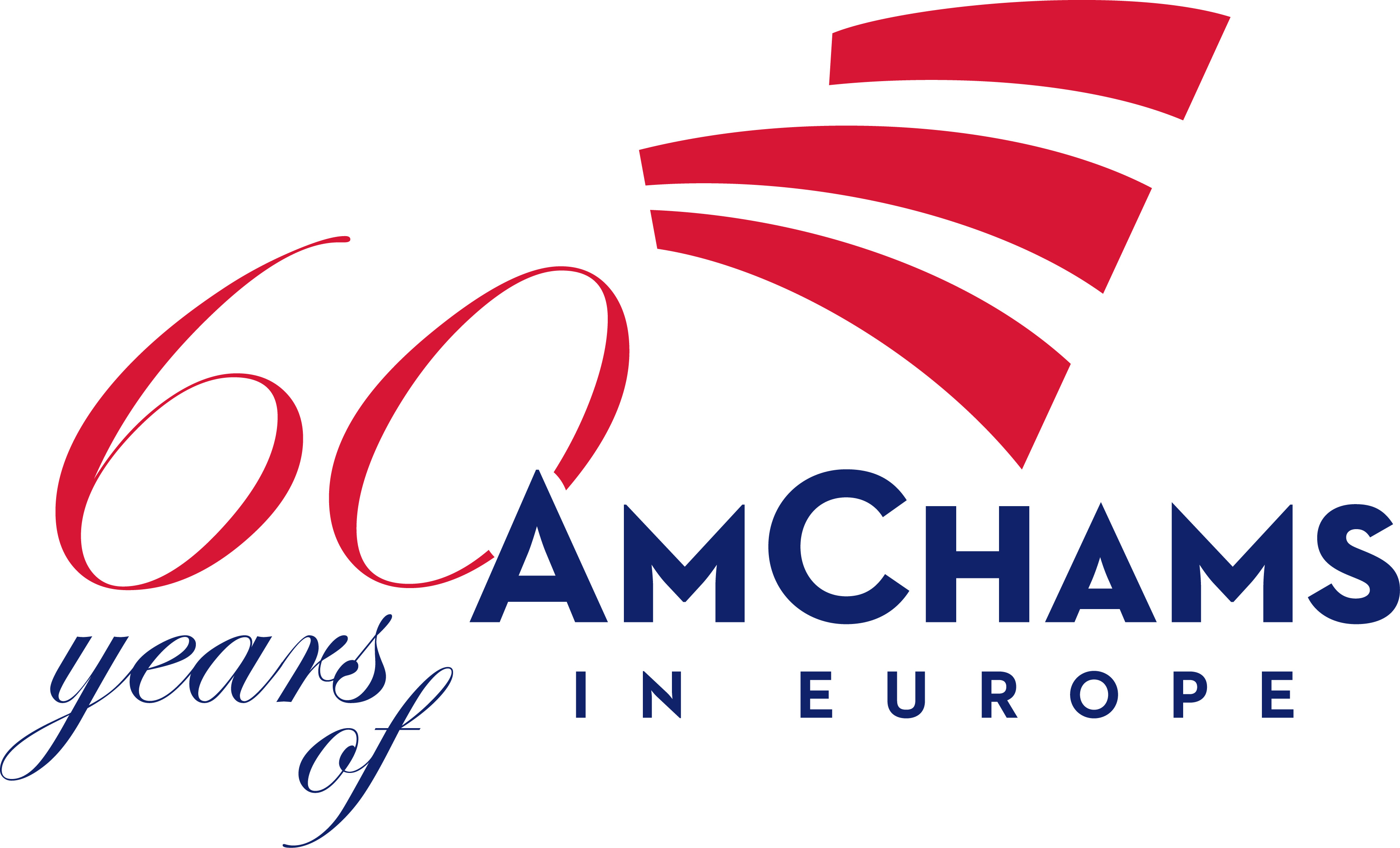How does Orbico see the role of ESG standards in strengthening competitiveness in the domestic and EU markets, and what steps are it taking to align its operations with these principles?
At Orbico Group, we view ESG standards as a key factor for long-term sustainability and competitiveness in the domestic and European markets. Namely, in the context of a strict ESG regulatory framework and increased consumer demands for sustainable products and business partners’ demands for the implementation of sustainable practices, alignment with ESG requirements and sustainable practices is crucial for Orbico Group. We believe that this will enable us to achieve long-term stability and resilience to climate change, create a competitive advantage, build sustainable relationships based on transparency and trust with our partners, and strengthen our reputation. There are numerous opportunities related to ESG practices and standards that, if used correctly and effectively, can lead to the creation of a competitive advantage.
In order to align with ESG principles, we are currently working on creating a sustainability strategy, analyzing dual materiality, and preparing for CSRD reporting. For the last two years, we have also calculated GHG emissions and reported on compliance with the requirements of the EU Taxonomy. The Group is implementing numerous initiatives aimed at reducing negative environmental impacts, such as the installation of solar panels and energy renovation of our locations, as well as precise data collection for the purposes of calculating GHG emissions and compliance with the EU Taxonomy. At Orbico Group, we invest in employee development, promote diversity and inclusion, and support local communities through various socially responsible projects. Transparency and ethical business practices are also in focus, along with compliance with ESG regulatory frameworks. All these measures provide a good foundation for Orbico to create a competitive advantage and achieve sustainable growth in a dynamic business environment.

Given that Orbico's plans are focused on automation, digitalization, and resource optimization, how do these initiatives contribute to overcoming key market challenges in 2025?
As part of the Supply Chain Transformation project, at the group level we have 4 main development pillars: Data-based decision-making, Process Synchronization, Technology and Organizational Development.
At Orbico BiH, in all processes where this is possible, and especially for repetitive tasks, we use the most advanced information technologies. For example, in the warehouse we use the Warehouse Management System, in delivery we use the advanced Transportation Management System and in sales we use the Sales Force Automation application.
By focusing on automation, digitalization and resource optimization, we at Orbico also address the key challenges in 2025, which consist of several aspects:
- Increasing efficiency and reducing costs: Process automation can help reduce human error, speed up operations and increase efficiency per unit of time.
- Faster adaptation to the market and consumers: Digitalization allows us to monitor market trends and the needs of our partners in real time. This allows the company to adapt faster to changes in demand, improving competitiveness and maintaining high standards of product and service quality.
- Better data analysis and decision-making: Using advanced analytical tools enables a better understanding of the market, competition and own operations. Data on consumers, markets and operational processes can be used to optimize offers, pricing strategies and marketing campaigns, thereby reducing the risk of bad business decisions.
What key challenges do you expect on the market in 2025 and what strategic measures does Orbico plan to take in order to successfully overcome them?
The market of Bosnia and Herzegovina faces several challenges that will shape the business environment in 2025.
Population emigration and economic instability are certainly two of the biggest challenges, the trend of which started a few years ago and will continue. Furthermore, we will have regulatory changes and harmonization with EU standards, where ESG is the best example for us.
Then the change in consumer behavior, today consumers have much higher expectations regarding the speed and quality of service, and the highest percentage of digitization of sales channels is required.
In line with our long-term company development strategy, we have identified all the challenges facing our industry and set a strategy accordingly. Some of the strategic steps that we will intensify in the medium term are: employee education and development, employer branding, business process improvement, a greater share of automation in everything we do, and new distribution and 3PL contracts.












